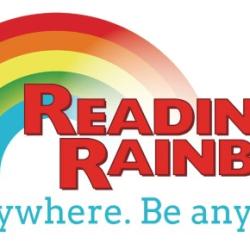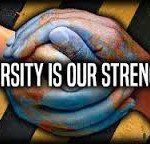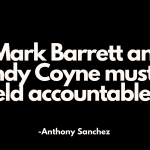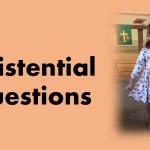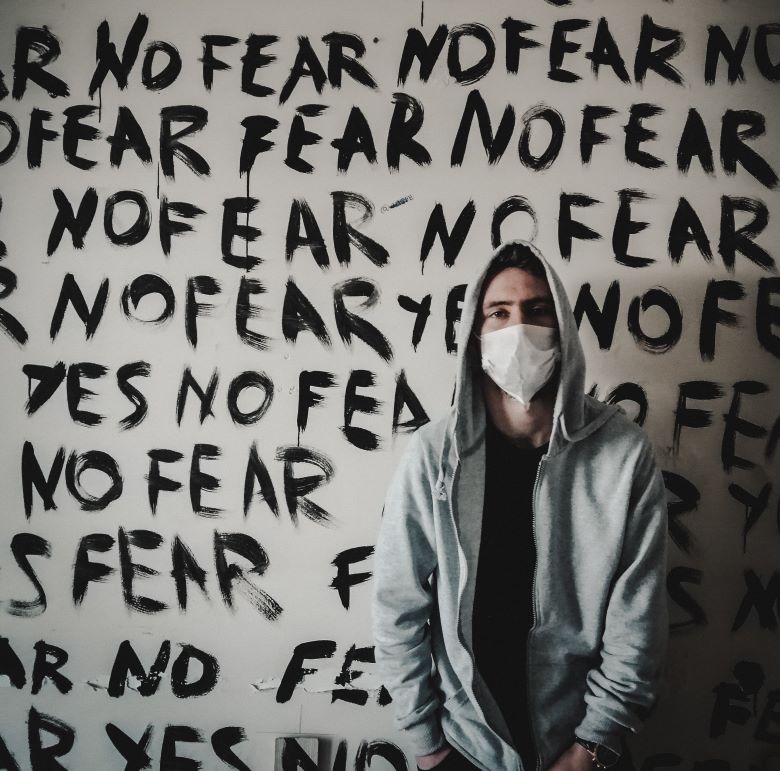
I sense a great fear in the United States today. Our fears are not all the same. We need to be discerning when it comes to fear because many fears are not from God.
Franklin D. Roosevelt on Fear
In his first inaugural address, Franklin D. Roosevelt said,
“So, first of all, let me assert my firm belief that the only thing we have to fear is fear itself—nameless, unreasoning, unjustified terror which paralyzes needed efforts to convert retreat into advance.”
While most of us are familiar with the first part of this statement, I think that the second part is valuable. He talks about “nameless, unreasoning, unjustified terror.” They lead to these questions,
- Does my fear have a name? If so, what is its name?
- Is this fear reasonable?
- Is this fear justified?
Most importantly, Roosevelt says that fear “paralyzes needed efforts to convert retreat into advance.” Do our fears take us forward? Often when people are afraid, they retreat and are paralyzed by the fear. The former president suggests that we need to go forward and fear can prevent that. How do we prevent fear from holding us back?
Fear is a Common Human Experience
We all experience fear, sometimes from real threats and other times from our own “what ifs.” If our child has just received a cancer diagnosis, we will likely feel afraid. Its name? I am afraid my child will suffer and I may lose her. This fear is reasonable given the diagnosis and course of treatment recommended. Is this fear justified? Yes, there is evidence to support the outcome of my fear.
In many situations, we get caught up in “what ifs.” “What if my son does not get good enough grades to earn an athletic scholarship to a given university? He will not go to college.” The name of this fear might be “what if my child is not well educated and fails in life?” Is this fear reasonable? No, because going to this one school or any school will not make or break the son’s future. Is this fear justified? No. His grades have slipped a bit but there is no sign that his GPA is in collapse.
Bear Attack Stress orTraffic Stress?
Brian King, PhD wrote a book titled, The Art of Taking It Easy. In a Psychology Today article, King uses the example of the stress of an attacking bear with the stress of traffic. Stress in the first example is appropriate. In the second example, stress comes from our interpretation of the situation. In the traffic scenario, all our related fears come from our thoughts. He said that managing stress is recognizing the difference between a bear and traffic.
No time for “what ifs” with an attacking bear. I think that one of the negative aspects of traffic is not only does it slow us down but it also provides us with time to ponder the “what ifs.” What if I lose my job because I am late? What if Marjorie does the whole presentation without me and we both look bad? What will my colleagues think if I am late? A person may be able to name the fears but they may neither be reasonable nor justified. And what can this person do even if they are?
Fear is a Liar
Christian singer Zach Williams has a song titled “Fear is a Liar.” In the song, he notes that fear is paralyzing, affects sleep, and steals happiness. Sometimes, we fear that we are not good enough or have certain deficits. Williams calls on God to cast out fears
The pandemic brought out different and opposing fears. Some feared illness and death from Covid-19. In response, these people wore masks, obtained vaccines, and practiced social distancing. Their fears had to do with the infection, illness, and death that they observed around them. It was reasonable and just. Other people feared that health officials were lying, that the vaccines were in fact dangerous, and that the government was overreaching its authority. In my mind, these were irrational and unjustified fears: what ifs. What if health officials were lying? What if the vaccines are dangerous? What if the government is overreaching its authority?
False fears tell us lies. “No one will ever love me.” “I will never succeed.” Are these fears reasonable or justified? No.
God Did Not Give Us a Spirit of Cowardice
When I feel paralyzed by fear, it does not feel like the fear comes from God. The experience lacks faith, hope, love, and peace. Even in situations where fear is a reasonable response, we must have faith that God has us and the situation in hand. St. Paul says,
“For this reason I remind you to rekindle the gift of God that is within you through the laying on of my hands; for God did not give us a spirit of cowardice, but rather a spirit of power and of love and of self-discipline.” (2 Timothy 1:6-7, NRSVCE)
When we find ourselves afraid or making decisions out of our fears, St. Paul urges us to seek the spirit of power and love and self-discipline that Jesus’ followers have through God’s grace. An additional question we might ask oursevles is:
- As I make this decision do I feel the spirit of power and love and self-discipline?
Hope Instead of Fear
I believe that hope is more powerful than fear as are love and faith. As the 2024 election activity heats up, I hear politicians telling us lies and attempting to stoke our fears. Trying to decipher what is reasonable and justified during the upcoming election season will be difficult. I pray that we stay close to Christ and ask for his help as we try to determine how we will vote.






